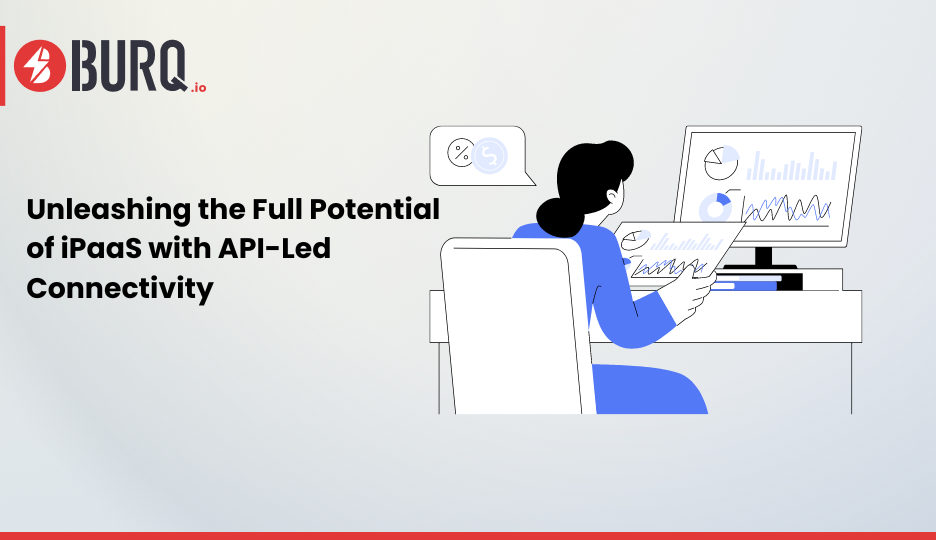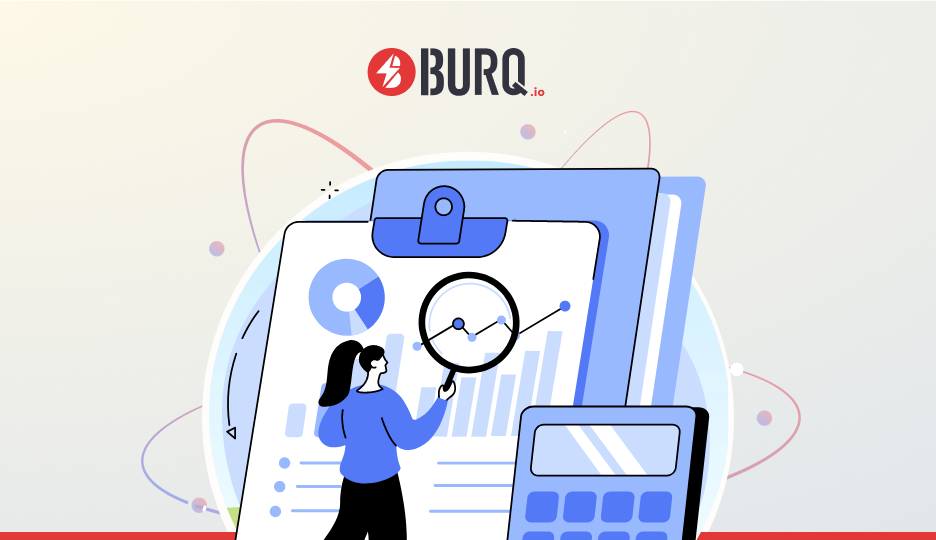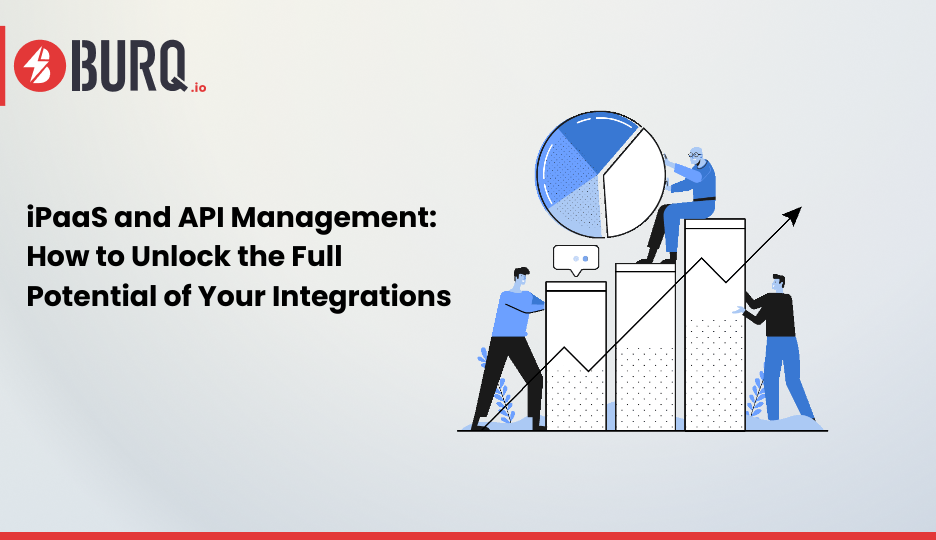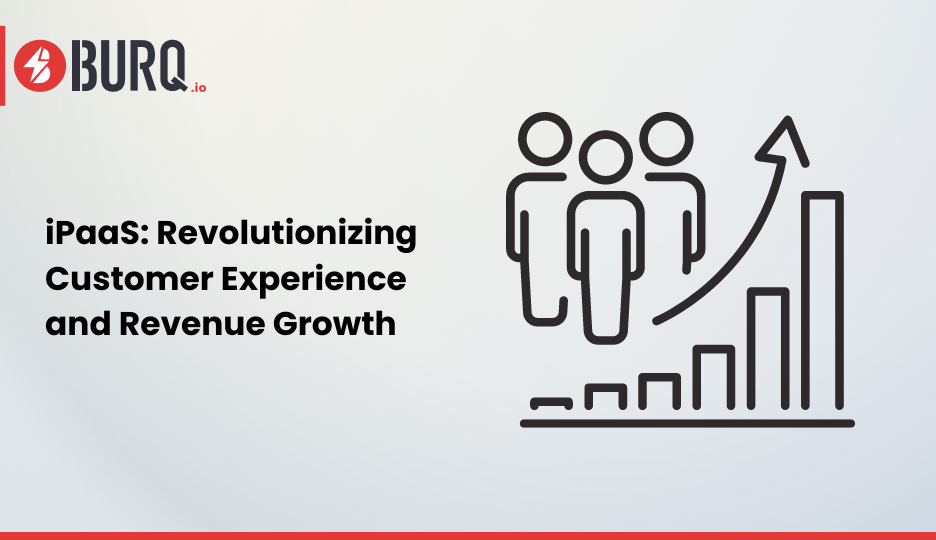In an era where data and services are the lifeblood of any digital operation, the way systems and applications communicate is increasingly crucial. Enterprises, both big and small, are perpetually on the lookout for robust solutions that streamline the process of integration.
This quest for efficiency has given rise to a powerful trio of technology essentials – APIs, iPaaS, and API management – that work in tandem to revolutionize connectivity and data sharing within and beyond organizations. This blog will explore how the right integration methodologies, tools, and services can significantly impact your business’s performance and agility.
The Importance of Integration and API Management
Before we plunge into the deep waters of iPaaS and API management, it’s essential to understand why these components are indispensable for modern businesses. Integration, in its simplest form, refers to the connection of different systems and software applications for the purpose of sharing data and information. On the other hand, API management is a set of tools and processes that govern the use of APIs in a secure and scalable environment.
Today, businesses operate in a highly dispersed IT environment where cloud-based applications, on-premise systems, mobile apps, and edge devices must all work together seamlessly. Any hitches in this process can lead to significant losses in time, resources, and, ultimately, business opportunities.
This is where iPaaS enters the scene. Integration Platform as a Service is a suite of cloud services that enables the development, execution, and governance of integration flows connecting a combination of on-premises and cloud-based processes, services, applications, and data within individual or across multiple organizations.
By developing a comprehensive understanding of these topics, business leaders and IT professionals can foster deeper integration with external partners, provide better services to customers, streamline operations, and launch innovative new products or marketplaces.
Understanding iPaaS and API Management
To fully grasp the capabilities of iPaaS and API management, one must understand their definitions and the roles they play in fostering integration.
iPaaS is a type of platform as a service that resolves integration problems by connecting different platforms within your business operations. It provides a centralized hub through which a myriad of systems can talk to each other, automating the exchange of data.
API management goes hand-in-hand with iPaaS. It provides a structured gateway through which the APIs can be discovered, developed, managed, and monitored. This not only ensures that the flow of data is seamless but also provides a layer of security and control over how your APIs are accessed and used.
Without robust integration tools and proper API management, organizations face a daunting challenge in maintaining the security, reliability, and scalability of their integrations. This often leads to a patchwork of solutions that are not only complex but also prone to failure.
The Role of iPaaS in Enhancing API Management
By harnessing iPaaS, businesses can enhance their API management strategies. The flexibility and power of iPaaS platforms can improve how APIs are utilized and controlled, leading to a more efficient and user-friendly management experience.
The Synergy of iPaaS and API Management
The marriage of iPaaS and API management is one of synergy. While iPaaS engines handle the nitty-gritty of integrating disparate systems, API management tools provide business insights on data usage, help in developing better APIs, and ultimately assist in controlling how these APIs are being used – both internally and externally.
Uniting iPaaS and API Management for a Comprehensive Strategy
A robust API management strategy can be turbocharged with the introduction of a sophisticated iPaaS solution. Businesses can then have a single, unified platform that not only governs their APIs but also ensures their effective implementation and usage throughout the enterprise.
Key Features of Effective iPaaS Solutions
The modern enterprise demands a feature-rich iPaaS solution to meet its diverse integration needs. Here are some key features that you should look out for when considering an iPaaS solution.
Advanced Connectivity and Adapters
The ability to connect to a wide range of systems and applications is a hallmark of a strong iPaaS solution. Look for platforms with a rich library of connectors and pre-built templates that expedite the integration process.
Data Transformation Capabilities
Data comes in various formats and structures. An iPaaS that can handle data transformation ensures that you can convert information from one format to another without losing integrity.
Data Quality and ETL Functions
Ensuring that your data is clean and ready for use is critical. A good iPaaS solution should provide tools for Extract, Transform, Load (ETL) to maintain data quality and relevance across your integrations.
Workflow Automation and Orchestration
Automation reduces the burden on human resources. An effective iPaaS should be able to automate complex workflows and orchestrate tasks across various systems.
Scalability and Performance
Enterprises grow, and so should their iPaaS solution. A scalable platform should be able to handle increased loads without compromising on performance.
Monitoring and Management
Visibility into your integration operations is crucial for maintaining the health of your systems. An iPaaS with a robust monitoring and management interface can help your team stay ahead of any potential issues.
Guide to Implementing iPaaS with Burq.io
For those ready to take the plunge and integrate iPaaS into their business processes, we offer a step-by-step guide to get started with Burq.io. The steps include planning your integration, configuring connectors, defining your workflows, and finally, testing and deploying your solutions.
Step 1: Plan Your Integration
The first step is to identify the systems and applications you need to connect. Determine the scope and scale of your integration requirements.
Step 2: Configure Connectors
Burq.io offers a suite of connectors for various systems and applications. Fine-tune these connectors to match your organization’s specific needs.
Step 3: Define Workflows
With Burq.io’s intuitive workflow designer, map out the processes and tasks that need to be automated. This includes data transformation and orchestration of services.
Step 4: Test and Deploy
Before going live, thoroughly test your integrations to ensure they work as expected. Once tested, deploy your solutions and start enjoying the benefits of efficient integration.
Overcoming Common Challenges
No integration process is without its hurdles. But with the right tools and strategies, these challenges can be effectively navigated.
Compatibility Issues
Different systems and applications may not play well together. A good iPaaS platform should provide adaptors and middleware to ensure compatibility.
Security Concerns
The exchange of data, especially sensitive company information, must be secure. Look for iPaaS solutions that offer robust security features, such as encryption and access control.
Scalability Challenges
As your business grows, so does the volume and complexity of your integrations. Scalability is key, so choose a platform that can grow with your needs without requiring a complete overhaul.
Conclusion
The integration of iPaaS and API management can be a game-changer for any business looking to streamline its operations and capitalize on new digital opportunities. With the right approach and tools, your organization can unlock the full potential of its data and IT resources, fostering growth and innovation.
If you’re ready to upgrade your integration game, consider Burq.io as your partner in the digital transformation. With a focus on ease of use, comprehensive features, and reliable support, Burq.io can help you take your first step towards a future of seamless connectivity and unprecedented efficiency in your business operations. Don’t wait – start your integration journey today and see the difference it can make for your enterprise.
In the fast-evolving digital landscape, businesses that fail to adapt their integration strategies risk getting left behind. iPaaS and API management provide the key to this adaptive potential, empowering enterprises with the tools to connect, automate, and thrive. If you’re a business leader or IT professional, take heed of these advanced integration methodologies and explore the possibilities they offer. Your future success may well hinge on the power of your integrations – don’t leave it to chance.





